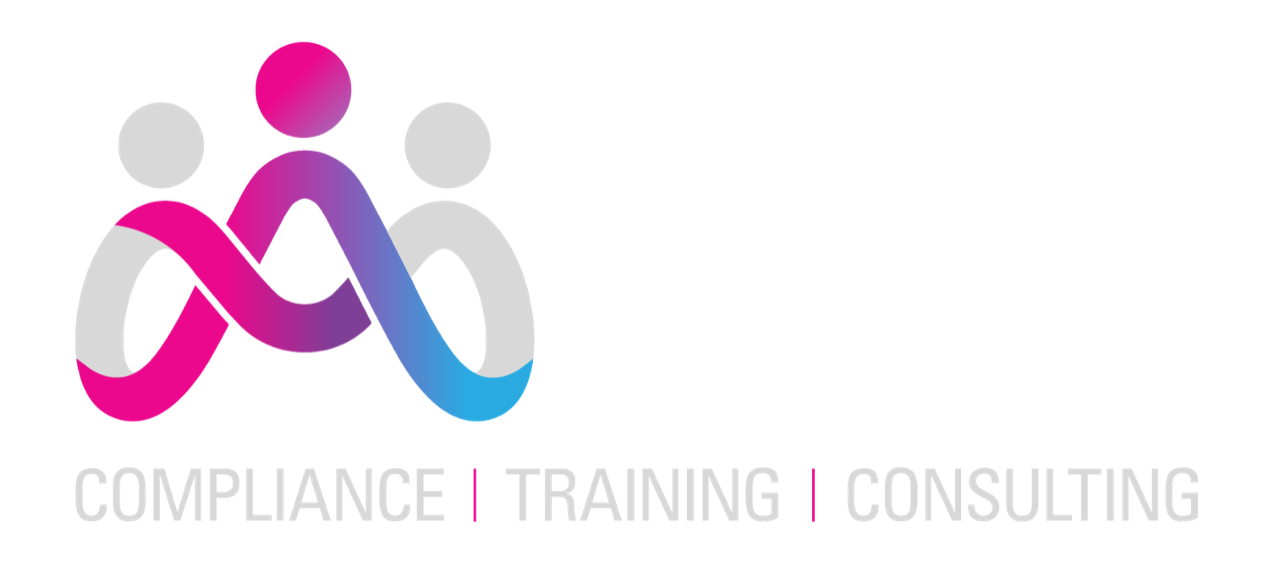Navigating the Future
Insights on Draft Guidance Note 7A
On Tuesday, June 18, 2024, the Financial Intelligence Centre (FIC) issued Draft Guidance Note 7A (GN 7A) for a third round of consultation. This significant update aims to replace the previous Guidance Note 7, specifically focusing on Chapter 4, which deals with critical aspects of compliance under the Financial Intelligence Centre Act (FICA). This move underscores the FIC’s commitment to strengthening the country’s financial regulatory framework and ensuring robust measures against financial crimes.
Understanding Draft Guidance Note 7A
Draft GN 7A represents a concerted effort by the FIC to refine and enhance the implementation guidelines of FICA, particularly focusing on risk management and compliance practices within financial institutions. The updated guidance note is designed to provide clearer directives and more practical approaches to combating money laundering, terrorist financing, and other financial crimes.
Key Updates in Draft GN 7A
Enhanced Risk Management Framework
- Financial institutions are required to adopt a more rigorous risk management framework.
- This includes conducting detailed risk assessments and implementing appropriate mitigation strategies based on identified risks.
Strengthened Customer Due Diligence (CDD)
- The new guidance emphasizes the need for thorough customer due diligence processes.
- Institutions must verify customer identities using reliable and independent sources and continuously monitor transactions to ensure consistency with the customer’s profile.
Clearer Reporting Obligations
- Draft GN 7A outlines specific reporting obligations for financial institutions.
- This includes timely reporting of suspicious transactions, maintaining accurate records, and ensuring staff are adequately trained to recognize and report suspicious activities.
Implications for Financial Institutions
The introduction of Draft GN 7A brings several significant implications for financial institutions in South Africa:
Compliance and Operational Adjustments
Financial institutions will need to make substantial adjustments to their compliance programs. This includes upgrading their CDD processes, enhancing risk assessment frameworks, and ensuring that all staff are well-versed in the new requirements.
Investment in Technology and Training
To meet the new guidelines, institutions may need to invest in advanced technology solutions for transaction monitoring and risk assessment. Additionally, comprehensive training programs for employees will be essential to ensure compliance and effective implementation of the new measures.
Increased Regulatory Scrutiny
With the enhanced focus on AML and CTF measures, financial institutions can anticipate heightened scrutiny from regulatory bodies. This necessitates meticulous compliance and diligent record-keeping to avoid potential penalties and ensure smooth operations.
Navigating the Future
Consultation Process
The FIC’s decision to open Draft GN 7A for a third round of consultation highlights its commitment to an inclusive and transparent regulatory process. By seeking feedback from various stakeholders, including financial institutions, industry bodies, and the public, the FIC aims to refine the guidance note to ensure it is practical, comprehensive, and effective.
How to Participate
- Submission of Comments: Stakeholders are encouraged to submit their comments and suggestions through the FIC’s official channels.
- Engagement Sessions: The FIC is organizing engagement sessions and workshops to facilitate discussions and gather inputs from various stakeholders.
Conclusion
The issuance of Draft Guidance Note 7A marks a significant step in South Africa’s ongoing efforts to bolster its financial regulatory framework. By enhancing risk management, strengthening customer due diligence, and clarifying reporting obligations, the FIC is paving the way for a more secure and transparent financial system.
Financial institutions must take proactive steps to engage with the consultation process and prepare for the implementation of the new guidelines. Staying informed and adaptable is crucial in navigating the evolving regulatory landscape and maintaining the integrity of South Africa’s financial systems.
As the financial environment continues to evolve, the FIC’s dedication to updating and refining FICA through comprehensive guidance notes like 7A is essential in achieving the overarching goals of security, transparency, and compliance in the financial sector.
Reach out to us for assistance with your Anti-Money Laundering (AML) obligations.
